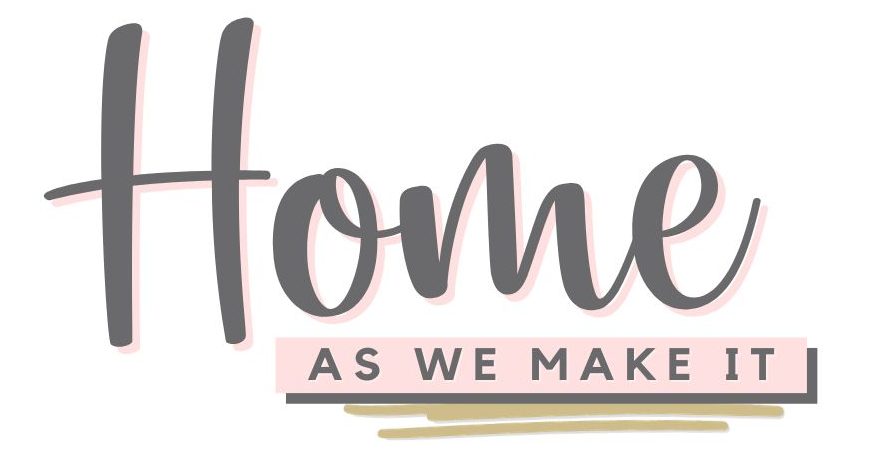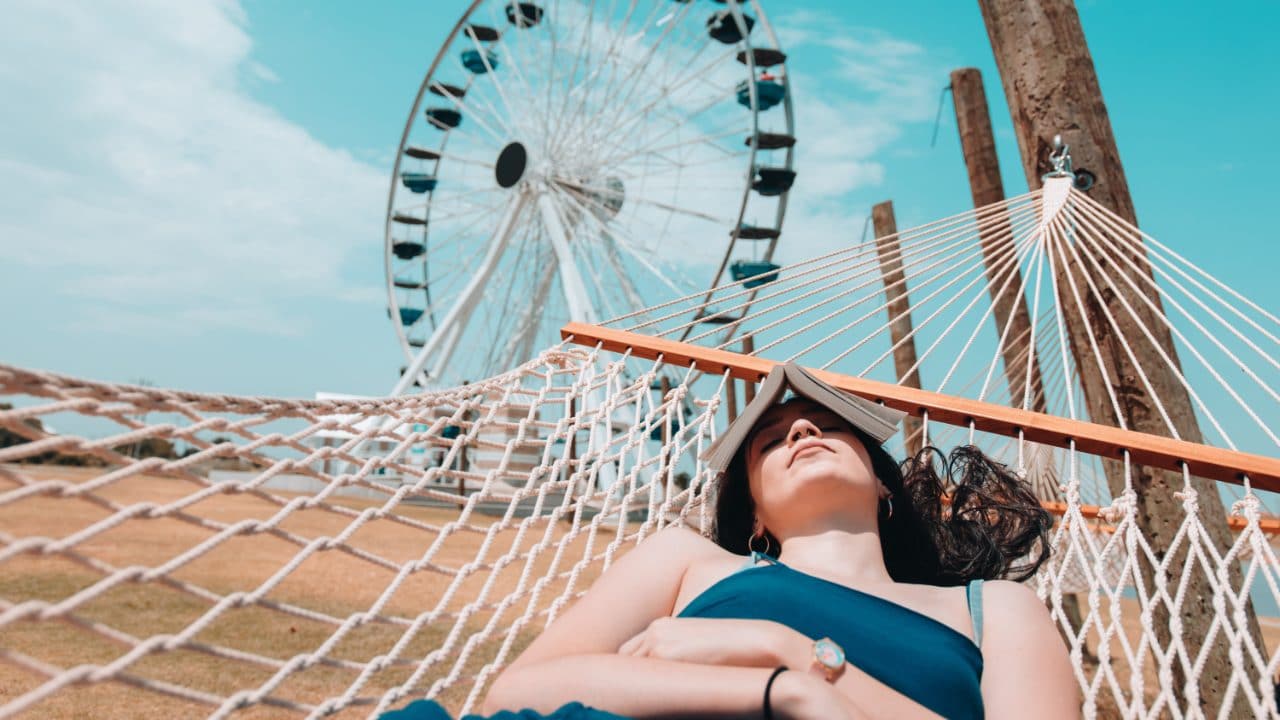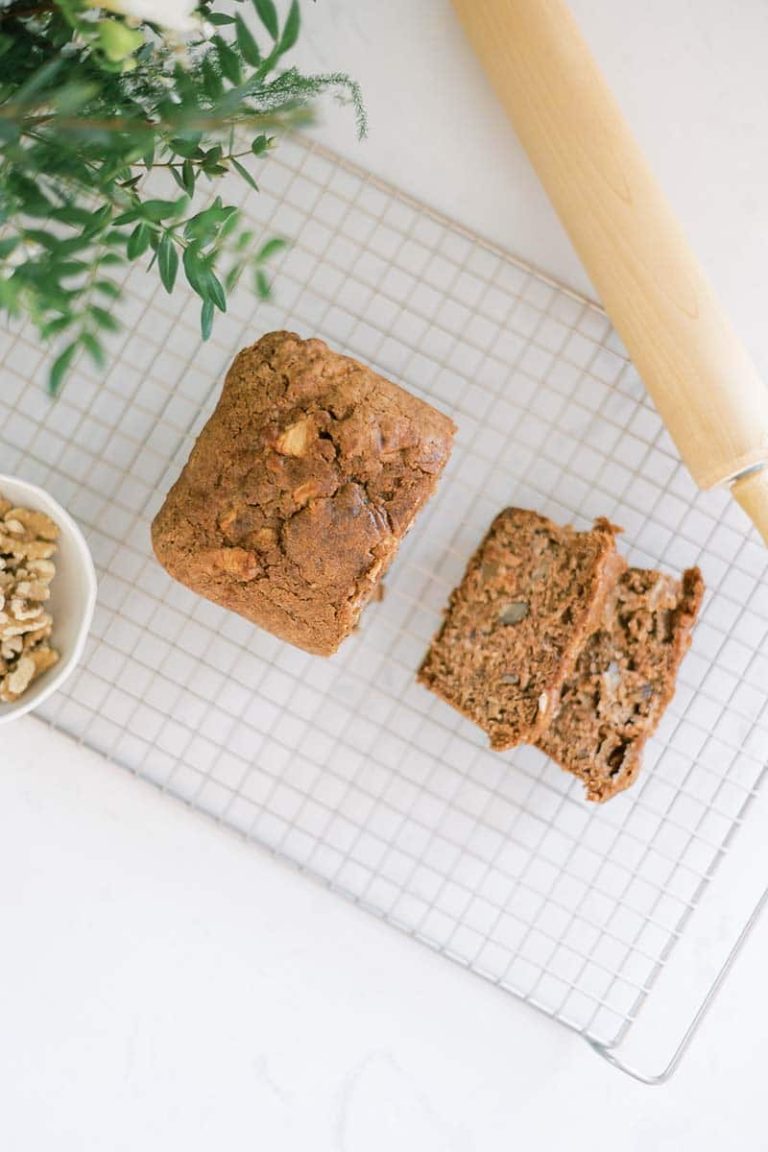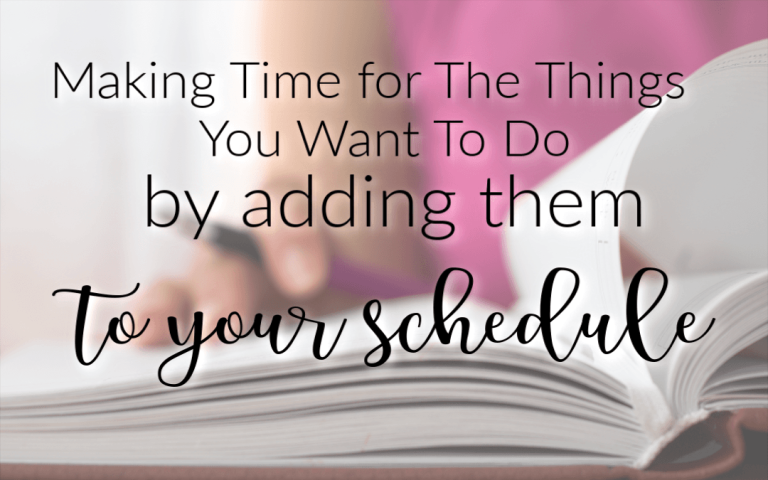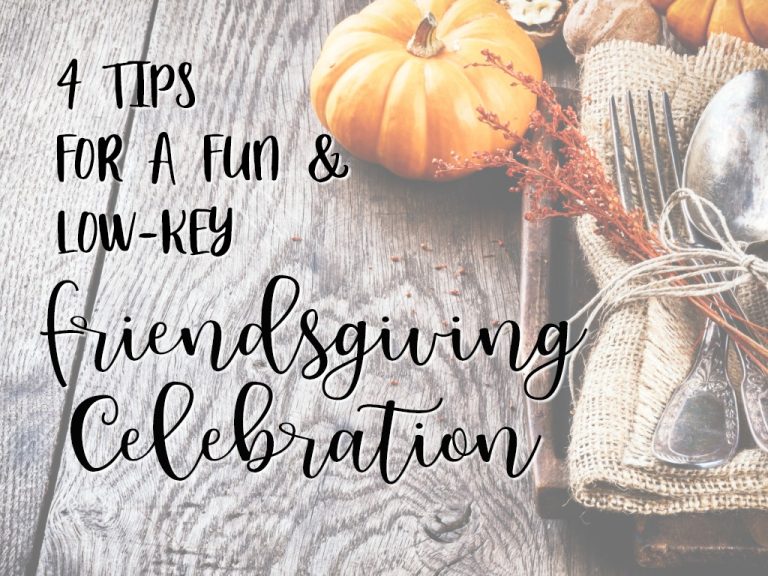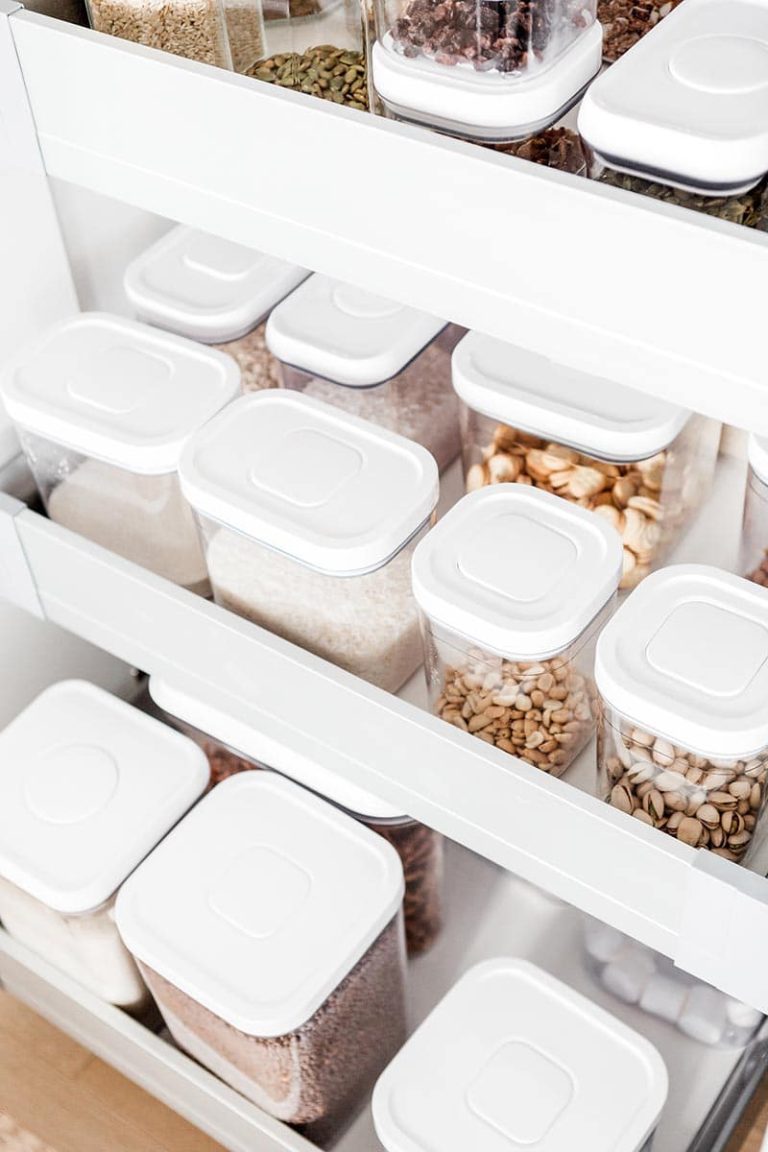4 Healthy Practices to Help You Sleep More
I have always been someone who struggles with sleep. I am endlessly jealous of people who drift effortlessly into a dreamy slumber.
We all know that sleep is good for you.
Benefits of getting enough sleep:
- Feel energized
- Improve concentration and productivity
- Live longer
- Live healthier
- Reduces inflammation
- Strengthens emotional bonds to memories
- Reduce stress
- Help maintain a healthy weight
- Reduce depression
Dangers and side-effects of not sleeping enough:
- More accident prone
- Lower sex-drive
- Increase irritability
- Increase the chance of suffering depression
- Reduce cognitive function
- Increased chances of heart problems or having a stroke
- Increased chance of diabetes
- More wrinkles
- Weight gain
- Increase chances of diseases such as Alzheimer’s
We are all familiar with the benefits of getting enough sleep and the pains associated with a lack thereof.
Note: This post may contain affiliate links, which means if you buy from my link I might make a small commission. This does not affect the price you pay. See the full affiliate disclosure here.
Did you know scientists only recently figured out what actually goes on when we sleep and why we need it
The simple answer is that when we sleep our brain flushes out all the toxins that have built up over the day. Sleep is basically a brain cleanse or detox.
That is why the side-effects of a lack of sleep are so debilitating. Our brains are swimming in toxins!
This video explains more:
4 Healthy Practices to Help You Sleep More
In my lifetime of attempts to find the holy grail of sleep here are my top 4 healthy practices that actually help when you’re struggling to get enough sleep.
1. Meditation
When I get into a good meditation routine, I find I get to sleep so much easier. You learn how to turn off that annoying chatter that lists off all the things you need to do and why you need to get to sleep so, you have the energy to do them etc. I also notice when I get out of the habit my getting to sleep worsens again.
2. Lavender Essence
Lavender is a traditional mind-calming herb. As well as calming you down for bed it can also cause vivid dreams. Lavender essence doesn’t seem to work for all sleep strugglers, but for me, a few drops on my pillow works like a charm. If sleep is something that often eludes you it is definitely worth a try. If nothing else your room smells pretty.
Incorporate it into the start of your bedtime routine. It won’t work very well if you try to use it once you’re already struggling.
3. Turn your bed into a sleep sanctuary
I took a sleep workshop at University. I was hoping for a magical herbal formula that would knock me with ease into a blissful sleep, but instead, I got this. It works. Only use your bed for sleep (& sex).
Creating a sleep sanctuary helps train your brain so that it knows when you get into bed, it’s time to wind down and go to sleep. No more movies or finishing late night work projects in bed! If you like to read or journal before bed and find it helps calm you down that is OK too.
4. Melatonin
This is not a permanent fix, but it is handy for traveling to help get your body clock in a new rhythm. Melatonin is a hormone we naturally produce in the pineal gland to help us regulate sleep.
It is pretty safe, but there can be some side-effects such as headaches, dizziness, stomach cramps, and irritability so make sure you read up before you take it. It’s always a good idea to consult with a doctor first as well especially if you have chronic sleep issues or insomnia.
One study found people who took melatonin before bed fell asleep on average 3.9 times faster than those on the placebo. Another study found that people using melatonin only gained an extra 8 minutes of sleep a night. However, for someone who has a chronic lack of sleep an additional 8 minutes sounds amazing.
Taking melatonin supplements have also been found to increase REM sleep and promote a decline in rectal sleep temperature. I’m not sure what the rectal temperature part means but the increased REM definitely helps you to be a more functional human during the day!
References:
Marshall, L. (2017). Melatonin Benefits, Risks: What You Need to Know. https://www.webmd.com/sleep-disorders/news/20171004/is-natural-sleep-aid-melatonin-safe
Kunz, D., Mahlberg, R., Müller, C., Tilmann, A., Bes, F. (2004). Melatonin in Patients with Reduced REM Sleep Duration: Two Randomized Controlled Trials, The Journal of Clinical Endocrinology & Metabolism, Volume 89(1), 128–134, https://doi.org/10.1210/jc.2002-021057
Ferracioli-Oda, E., Qawasmi, A., & Bloch, M. H. (2013). Meta-Analysis: Melatonin for the Treatment of Primary Sleep Disorders. PLoS ONE, 8(5), e63773. http://doi.org/10.1371/journal.pone.0063773 https://www.ncbi.nlm.nih.gov/pmc/articles/PMC3656905/
